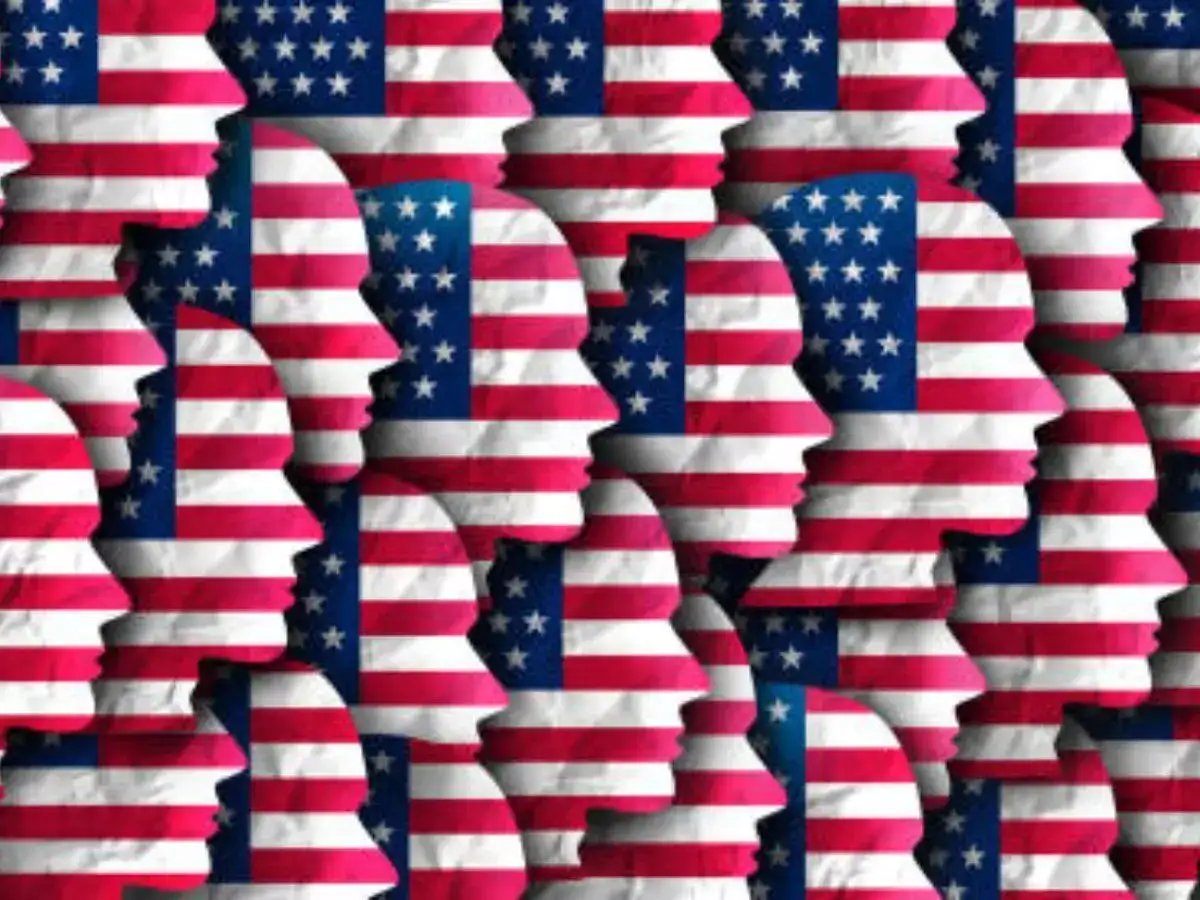US Chamber of Commerce Sues Trump Administration Over $100,000 H-1B Visa Fee
This landmark lawsuit could redefine the executive branch's power over immigration policy, critically impacting the stability, cost, and accessibility of the H-1B program for both individuals and employers.

Subscribe to our newsletter and stay informed about latest H1B news, policy updates and and other developments.
Article Summary
The US Chamber of Commerce has filed a lawsuit against the Trump administration, seeking to block a new $100,000 H-1B visa fee, arguing it is illegal and makes hiring skilled foreign workers cost-prohibitive. This legal action, the second major challenge to Trump's H-1B changes, questions the executive branch's authority to unilaterally alter immigration programs. The lawsuit names the Departments of Homeland Security and State as defendants and seeks an injunction to prevent the fee from taking effect.
Original Article: hindustantimes.com
[ Sentiment: neutral | Tone: factual ]
This summary and analysis were generated by TheNewsPublisher's editorial AI. This content is for informational purposes only; it does not constitute legal or immigration advice.
[ Sentiment: neutral | Tone: factual ]
This summary and analysis were generated by TheNewsPublisher's editorial AI. This content is for informational purposes only; it does not constitute legal or immigration advice.
TNP AI: Key Insights
This lawsuit is critical for current and prospective H-1B visa holders and their employers, as it directly challenges a policy that could make the H-1B program financially unfeasible for many, particularly startups and small to mid-sized businesses, by imposing an unprecedented $100,000 visa fee.
Historically, H-1B fees have been administrative, but this proposed $100,000 charge represents a drastic increase, marking a significant shift in the cost burden for employers. This move could also make the U.S. less competitive in the global race for skilled talent compared to countries like Canada or the UK, which generally offer more stable and predictable skilled worker visa pathways.
Beyond the immediate financial implications, the case carries profound future implications for the stability of the H-1B program. The ruling will clarify the boundaries of executive authority in immigration policy, determining how much flexibility future administrations have to unilaterally reshape visa programs without legislative oversight, creating ongoing uncertainty for visa holders and businesses.




